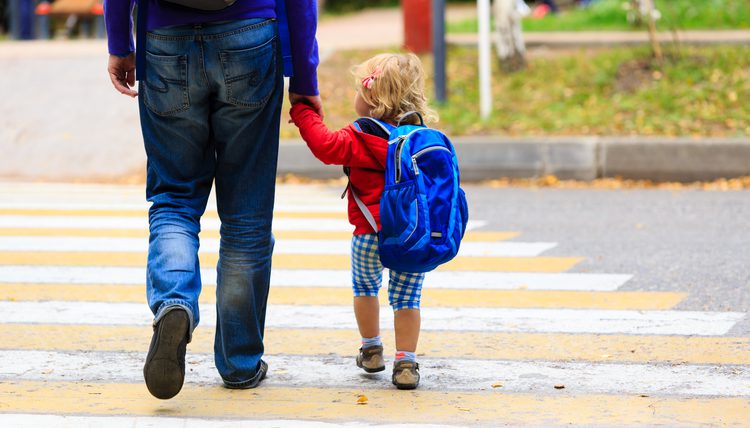
Picture a family dinner, filled with energetic conversations, bursts of laughter, and the occasional friendly squabble, all while delighting in the comfort of homemade meals. It paints a picture of more than just a family, doesn’t it? It’s like seeing a bunch of pals soaking in the joy of togetherness. This sets the stage for our question of the day – can parents and children also forge friendships?
Well, in a nutshell, yes, but it’s not as simple as it sounds. Parents have primary roles as caregivers, mentors, and guardians, but they can also foster a friendship with their kids that encourages open dialogue, trust, and mutual respect. However, it’s a delicate balancing act, like walking a tightrope.
The Balance of Authority and Friendship
Being a parent inherently involves a degree of authority. It’s crucial for maintaining safety and guiding a child’s growth. But blending in a friendly component to this relationship doesn’t mean the erasure of this authority. The goal is to cultivate an environment where children can voice their thoughts and feelings freely, without apprehension.
Parents, it’s important to note that fostering a friendship with your kids doesn’t involve condoning harmful behaviors or substances, such as alcohol or drugs. Being a friend isn’t about striving to be the “cool parent,” but about understanding and standing by your child.
The Secret Sauce to a Successful Parent-Child Friendship

So, what makes a parent-child friendship work? The key ingredients are respect, empathy, understanding, and let’s not forget, a dash of play and heart-to-heart talks. While play might seem to be a concept relevant only for the younger ones, it is, in fact, a necessity for all ages. Engaging in a shared hobby, a board game night, or cooking together can be effective bonding tools.
- Shared activities foster connection and understanding.
- Open conversations provide an avenue for kids to share their hopes, fears, and dilemmas.
Dealing with Conflicts
Disagreements are part and parcel of any friendship, and the parent-child relationship is no exception. The key is to approach these conflicts with respect and understanding, just as you would in any other friendship. It’s important for children to know that their viewpoint is valued, even when it differs from their parents’.
The Evolution of the Parent-Child Bond
The beauty of this bond lies in its dynamic nature. As a parent, you get the privilege of witnessing your child bloom into their unique selves, being part of their triumphs and tribulations, and offering a guiding hand when they need it. Children, on the other hand, find a safe space in their parents, who are not just authoritative figures but understanding friends.
So, can parents and children be friends? A resounding yes. It’s a special friendship with its own set of rules and rewards, and it’s indeed a source of endless joy.
Remember, being friends with your children doesn’t compromise your role as a parent; it just adds a beautiful new dimension to it. So, here’s to nurturing lifelong friendships with your little ones, filled with trust, love, and fun!





